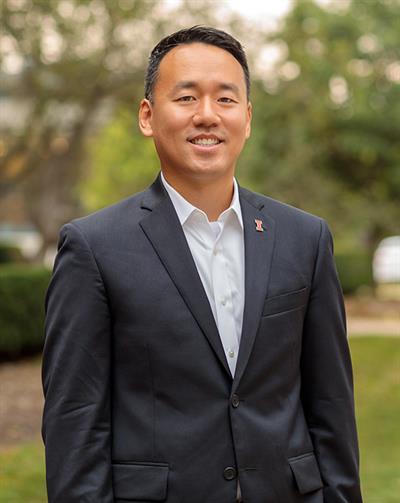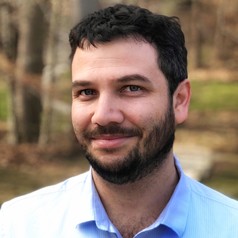Fall 2022 Guest Lecture Series on Computational Methods
Thursday, 11/3 at 4:30
Joseph Yun (University of Pittsburgh): Machine Learning and AI “as a Service”

Zoom: https://zoom.us/j/91699901271
Joseph T. Yun is the artificial intelligence and innovation architect for the University of Pittsburgh. He also is a research professor of electrical and computer engineering in the Swanson School of Engineering, University of Pittsburgh. Yun’s research is primarily focused on novel data science algorithms, user-centric analytics systems, and societal considerations of AI-based advertising and marketing (e.g., privacy, ethics). A major stream of his current research is focused on attempting to understand how social media and advertising is affecting our collective psychologies and how we can find healthy paths forward individually and collectively. Yun is the principal investigator of the Social Media Macroscope, which is an open research environment for social media analytics (socialmediamacroscope.org). He is also an affiliate of Pitt Cyber and the Collaboratory Against Hate.
Thursday 11/10 at 4:30pm
Dr. Dror Walter (Georgia State University) and Dr. Yotam Ophir (University at Buffalo): Combining Network analysis and unsupervised machine learning to study health misinformation and political extremism
Zoom: https://zoom.us/j/98468387197

Dror Walter is assistant professor of communication at Georgia State University. Dr. Walter’s research is centered on the intersection between traditional media effects theories and novel computational social science methods. His research addresses the ways computational methods such as network analysis, unsupervised machine learning, and supervised machine learning can aid our understanding of two distinct yet interrelated research domains: extremist political communication, and health-related misinformation. From a methodological perspective, his research focuses on unsupervised machine learning approaches for frame analysis, measurement of thematic diversity, and methods of identification of discursive communities in social networks. He is a member of the Transcultural Conflict and Violence Initiative at GSU, and a distinguished fellow at the Annenberg Public Policy Center at the University of Pennsylvania.

Yotam Ophir is assistant professor of communication at the University at Buffalo. Dr. Ophir studies media effects, persuasion, misinformation, conspiracy theories and extremism. His work combines computational methods for text mining, network analysis, experiments and surveys to study media content and effects in the areas of political, science, and health communication. Dr. Ophir is the head of the Media Effects, Misinformation, and Extremism (MEME) lab at the University at Buffalo, a member of the Center for Information Integrity (CII) at the University at Buffalo, and a distinguished fellow at the Annenberg Public Policy Center at the University of Pennsylvania
